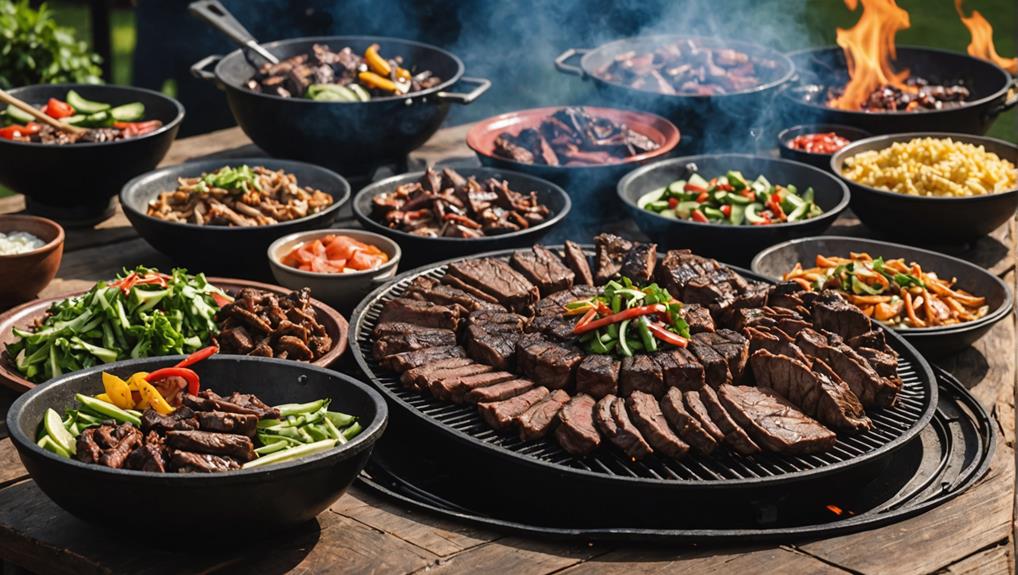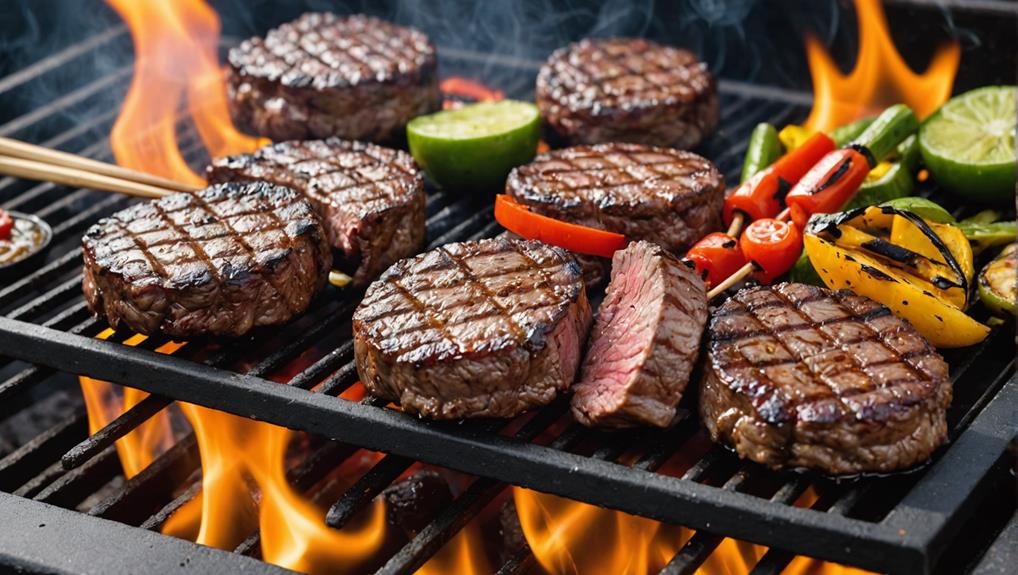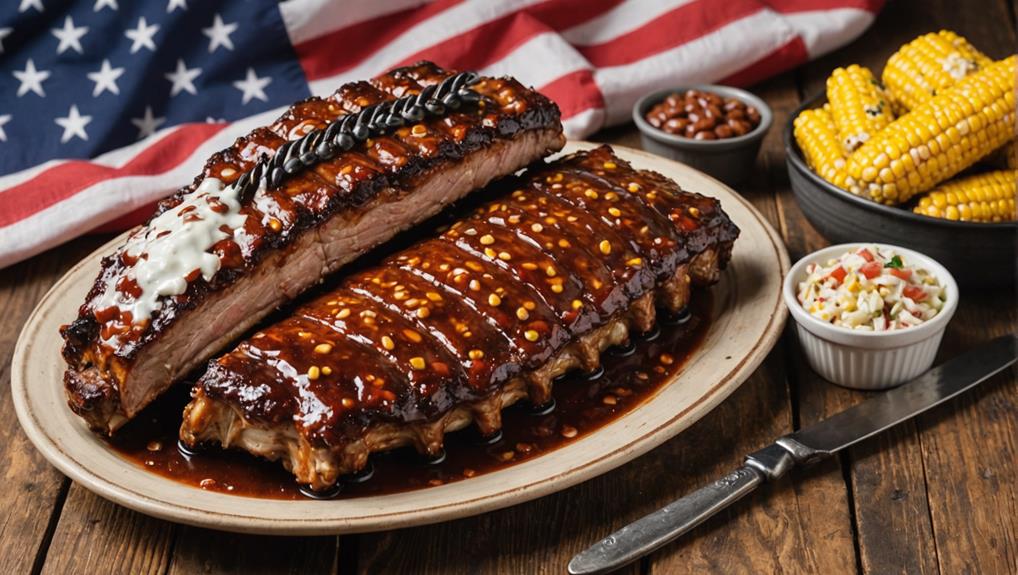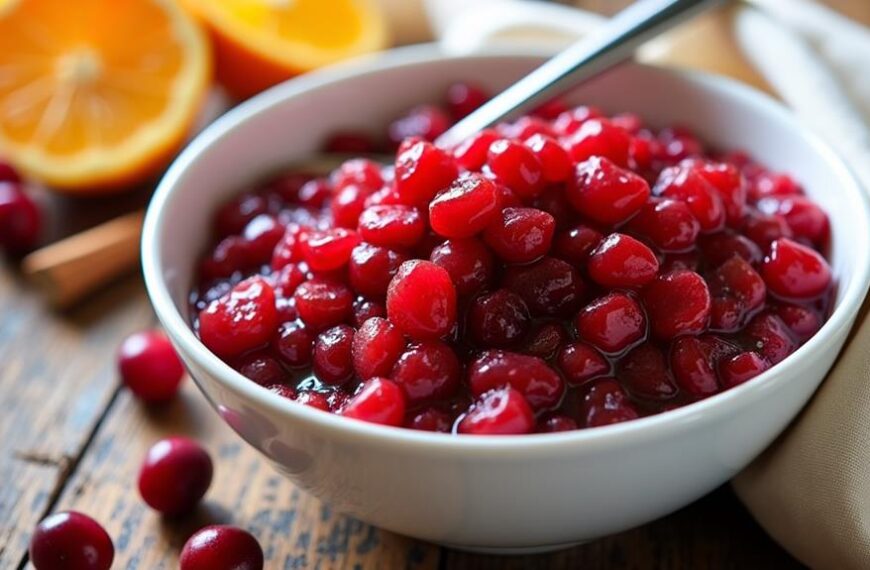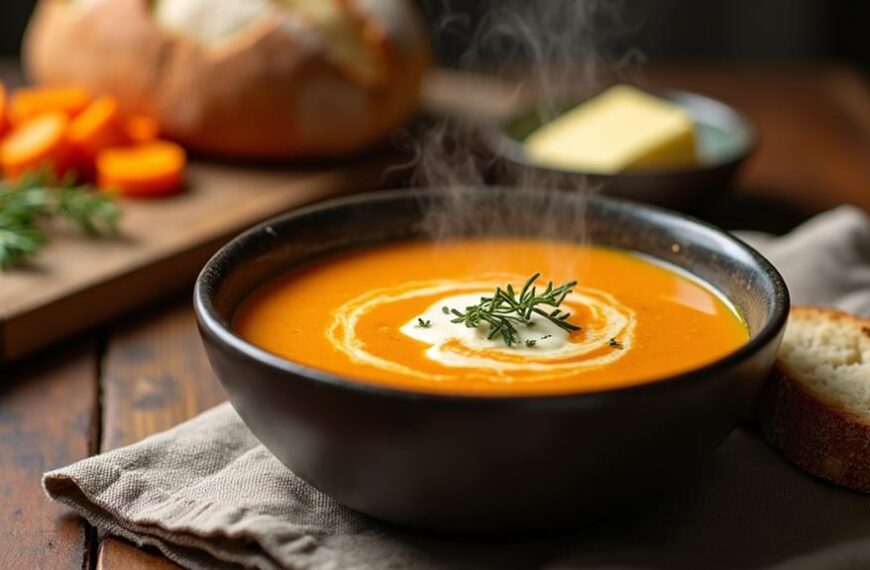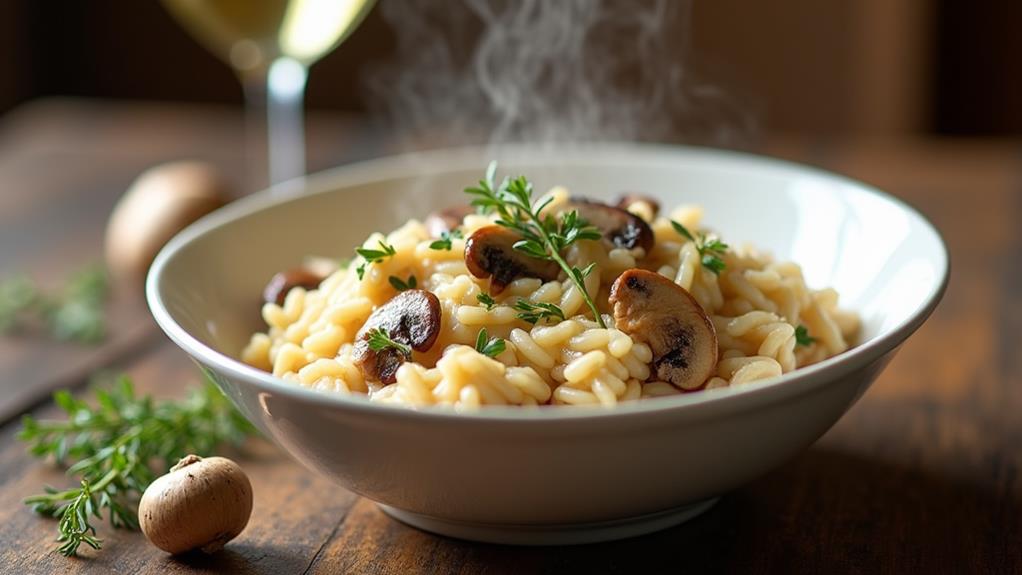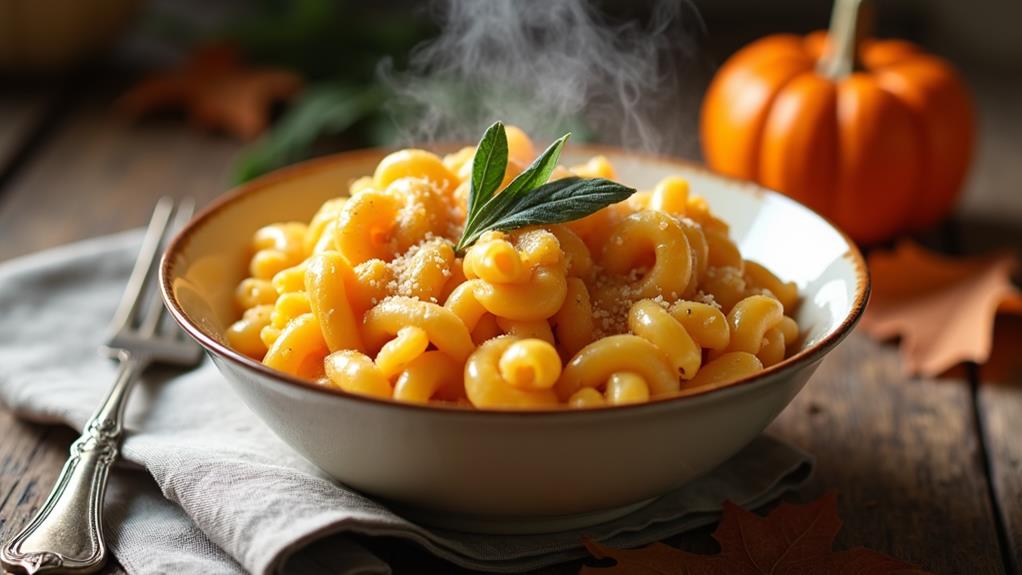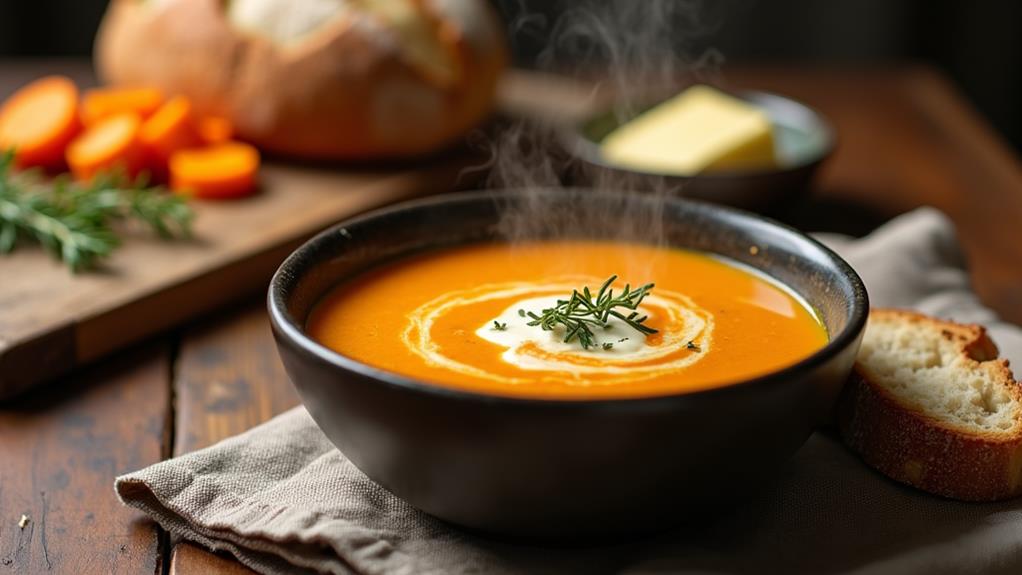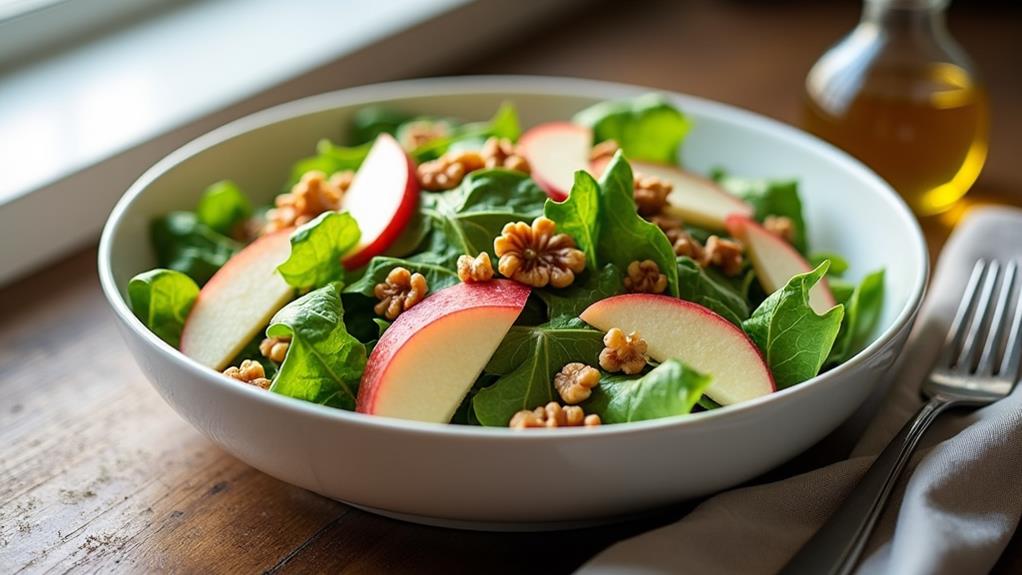Embark on a global barbecue adventure with three mouthwatering styles from around the world. In South Africa, you'll experience the communal braai, featuring wood-fired grills and unique sauces like monkeygland. Mexico's al pastor combines Middle Eastern and Mexican traditions, offering spicy-tangy marinated pork cooked on a vertical spit. In the American South, you'll savor smoky flavors from low-and-slow cooking methods, with regional specialties like Texas beef brisket and North Carolina pork shoulder. Each style showcases distinct techniques, flavors, and cultural significance, from seasonal celebrations to fusion-inspired creations. Discover the rich traditions and tantalizing tastes that make these barbecue styles truly unforgettable culinary experiences.
Savory South African Braai
A sizzling fire and the aroma of wood smoke signal the start of a South African braai, a beloved barbecue tradition that's far more than just a meal. This savory celebration of culture and community takes place annually on September 24th, known as Braai Day.
You'll find friends and family gathered around the grill, sharing stories and laughter as they prepare a feast of grilled meats, reminiscent of the communal aspect found in BBQ pulled pork sandwiches.
The heart of a braai lies in its cooking method. Meats are grilled over an open flame or hot coals, with wood being the preferred fuel source. This imparts a distinct smoky flavor to the dishes that's simply irresistible.
You'll typically find boerewors, lamb, chicken, and beef on the menu, often seasoned simply with salt to enhance their natural flavors.
No braai is complete without unique South African sauces, like the tangy monkeygland sauce. This barbecue staple combines ketchup, Worcestershire sauce, garlic, and ginger for a flavor explosion.
As you participate in a braai, you'll quickly realize it's more than just cooking – it's a communal experience that brings people together, celebrating diversity and fostering camaraderie.
Mouthwatering Mexican Al Pastor
Mexico's Al Pastor stands out as a tantalizing fusion of Middle Eastern and Mexican culinary traditions. This mouthwatering barbecue style originated in the 1920s, inspired by Lebanese shawarma. You'll find marinated pork cooked on a vertical spit, known as a trompo, creating a crispy outer layer that's sliced off and served in tacos.
The key to Al Pastor's irresistible flavor lies in its marinade. A blend of dried chilies, garlic, cumin, and vinegar creates a spicy and tangy profile that's enhanced by the addition of sweet pineapple.
To experience this traditional dish, head to street food stands or taquerias in urban areas like Mexico City. When you order Al Pastor tacos, expect a burst of flavors and textures. The crispy pork is typically garnished with onions, cilantro, and a squeeze of lime, offering a perfect balance of savory, sweet, and zesty notes.
For those looking to innovate, try variations made with chicken or beef, each offering a unique twist on this beloved Mexican classic. Al Pastor's popularity continues to grow, cementing its place as a staple in Mexican cuisine and a must-try for barbecue enthusiasts worldwide.
Smoky Southern Barbecue

While Mexico's Al Pastor tantalizes with its unique blend of flavors, America's South boasts its own rich barbecue tradition.
You'll discover a world of smoky flavors and hearty tastes that'll revolutionize your grilling game. Southern barbecue isn't just about the meat; it's a communion dining experience that brings people together.
Dive into Texas-style barbecue, known for its mouthwatering beef brisket, or explore North Carolina barbecue, famous for its vinegar-based sauces paired with slow-cooked pork shoulder.
You'll learn the art of low-and-slow cooking, using wood chips like hickory to infuse your meats with irresistible smokiness. From pulled pork to ribs, each region offers its own twist on these classics.
To truly embrace Southern barbecue, don't forget the sides. Coleslaw, baked beans, and cornbread are essential companions to your smoky main dishes.
And if you're feeling competitive, join the thriving barbecue festival scene. Events like the Memphis in May World Championship showcase the passion and skill behind this beloved cuisine.
Master these techniques, and you'll transform your backyard into a Southern barbecue haven.
Frequently Asked Questions
What Are the Big 5 Styles of BBQ?
You'll find the Big 5 BBQ styles are Texas, Kansas City, Memphis, North Carolina, and St. Louis. Each showcases unique cooking techniques, marinades, and sauces, reflecting regional spices and smoking methods that have shaped barbecue history and global flavors.
What Are the 4 Regional Styles of BBQ?
You'll find four main regional BBQ styles: Texas, Kansas City, Memphis, and North Carolina. Each boasts unique smoky flavors, traditional techniques, and sauce recipes. Grill masters showcase these variations at barbecue festivals, highlighting diverse cultural influences and wood choices.
What Is the Best Barbecue Style?
You'll find the best barbecue style depends on your preferences. Explore smoky flavors, diverse grilling techniques, and sauce varieties. Experiment with unique meat cuts, regional ingredients, and cultural traditions. Innovative cooking methods, spice blends, and serving styles create exciting flavor profiles.
What Are the Different Texas BBQ Styles?
You'll find Texas BBQ's regional variations captivating. From Central's smoky brisket to East's tangy ribs and West's spicy sausage, each style boasts unique rubs, wood types, and cooking techniques. Explore traditional sides and sauce secrets at local barbecue competitions.
Final Thoughts
You've now embarked on a global barbecue journey, but don't stop here! Your taste buds are crying out for more smoky, savory adventures. Why settle for one style when you can master them all? After all, who needs a balanced diet when you can have a balanced barbecue repertoire? So fire up that grill, dust off your apron, and prepare to become the neighborhood's most infamous culinary diplomat. Just remember, with great barbecue comes great responsibility!

